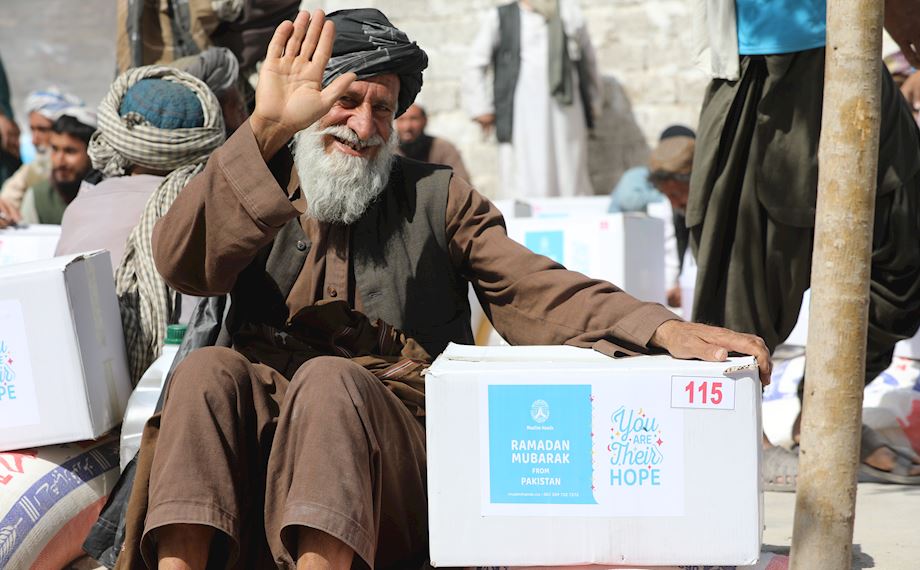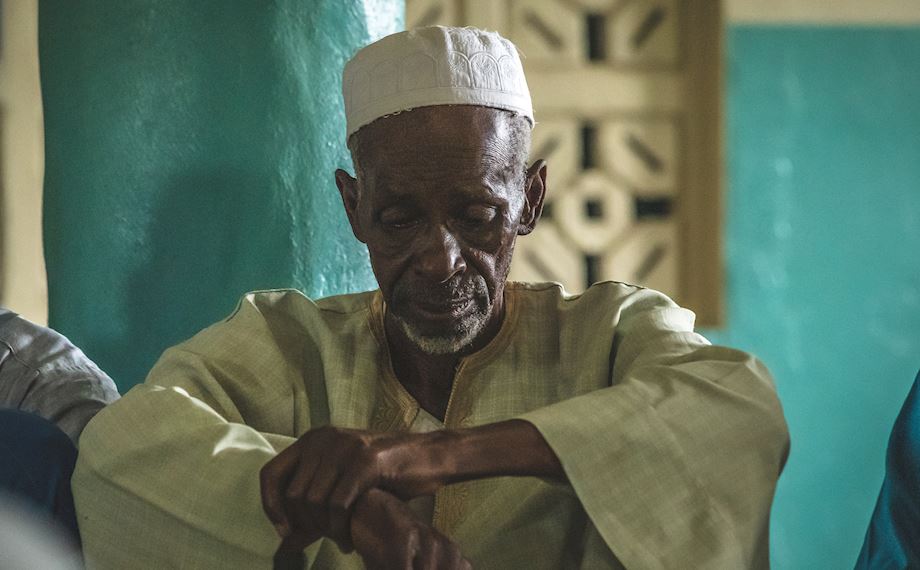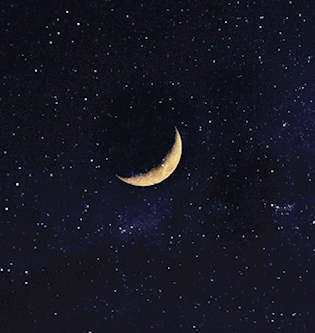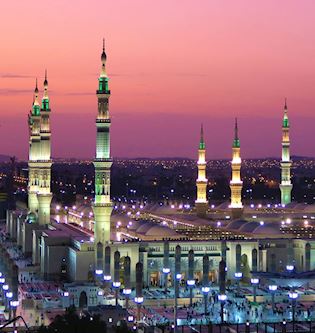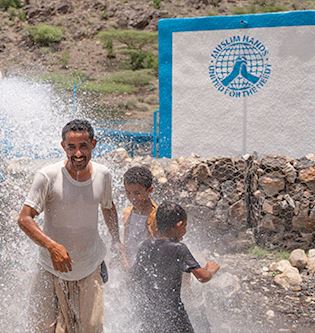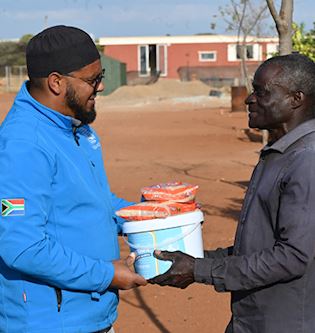Zakat - A Small Gift with a Big Impact
“Those who believe and lead a righteous life, and observe Salah and give Zakat, they receive their recompense from their Lord; they will have nothing to fear, nor will they grieve. [Quran 2:277]
Giving Zakat is so significant in Islam that it is mentioned over eighty times in the Holy Quran. Zakat refers to the obligation that Muslims must donate a certain proportion of their wealth each year towards charitable causes.
Almighty Allah ordered those that are blessed with wealth to offer this form of charity to the poor as a means of reducing poverty amongst the Ummah and more importantly, a means for us to strengthen our Imaan and Taqwa. Here are 7 things you need to know about Zakat:
1. Who should pay Zakat?
Zakat is a duty on every Muslim, who is of sound mind and has wealth that exceeds the value of Nisaab. Zakat is obligatory on every Muslim, who is above the age of puberty, regardless of their gender. You must possess your wealth for a year and 2.5% of it should be given as Zakat to certain groups of underprivileged people.
2. What is Nisaab?
Nisaab refers to the minimum amount of wealth one needs to have in possession for a period of one lunar year to qualify for Zakat. The Nisaab value is equivalent to 625g of silver or 87.5g of gold.
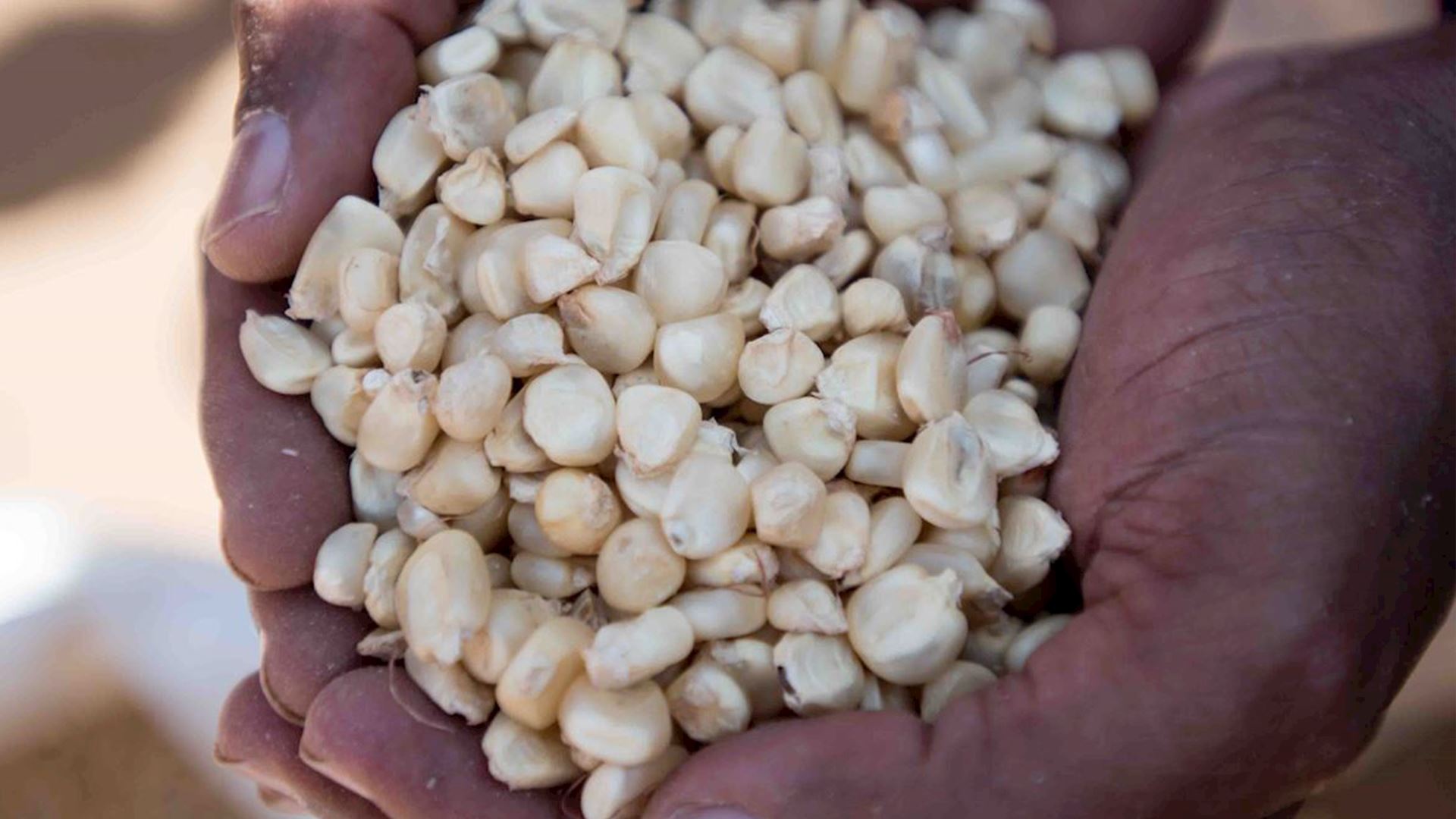
3. Who receives Zakat?
Allah (swt) mentions in the Noble Quran, “Indeed, prescribed charitable offerings are only to be given to the poor and the indigent, and to those who work on administering it, and to those whose hearts are to be reconciled and to free those in bondage, and to the debt-ridden, and for the cause of Allah, and to the wayfarer. This is an obligation from Allah. And Allah is All-Knowing, All Wise”. [Quran 9:60]
According to this Quranic verse, they are eight categories of people eligible to receive Zakat. They are:
- The poor
- The needy
- Those in debt
- Travelers
- Those in the cause of Allah (swt)
- Slaves/those held in captivity.
- Those whose hearts are to be reconciled.
- Zakat administrators
4. What items is Zakat compulsory on?
There are certain items on which Zakat is ordained. These are:
- Gold and silver- this can be in the form of ornaments or jewelry and needs to be equivalent to the value of Nisaab.
- Cash held at home or at the bank.
- Property owned for investment purposes.
- Stocks and shares owned directly or through investment funds.
- Pensions
- Money lent to others.
- Agricultural produce
- Business stock in trade or in merchandise
5. When to pay Zakat?
Zakat only becomes obligatory on a Muslim who has their qualifying wealth in possession for a period of 12 months. The time required to pay your Zakat may vary from person to person on the condition that it is a 12-month lunar period. For example, some people may choose to pay their Zakat in Ramadan while others may choose to pay it at the end of their financial year.
6. What are the benefits of Zakat?
There are many benefits of paying Zakat. Not only does it protect the poor and needy from hunger and poverty, but also helps to overcome the financial imbalance between the wealthy and poor in society. Zakat ul Fitr which is paid during Ramadan also ensures that no poor person goes hungry during the holy month.
Paying Zakat allows you to acknowledge that your wealth is bestowed by the Almighty as a blessing that should be shared with those in need.
“Take from their wealth so that you may purify and sanctify them” [Quran 9:103]
The above verse shows us that paying Zakat plays a significant role in one’s spiritual upliftment as it cleanses one’s heart against selfishness and greed. The Messenger (saw) mentioned, “Whoever gives away charity the size of a date, which is earned lawfully, since Allah only accepts the good lawful things, Allah will indeed take it with His right hand and cause it to grow for its owner, just as one of you raises up his colt, to the point that the charity will become the size of a mountain” [Bukhari].
This authentic hadith shows us that paying Zakat on your wealth does not decrease wealth, but in fact, increase barakah and rizq for the person who spends for the sake of Allah (swt).
7. How do I pay my Zakat?
Muslim Hands has been administrating Zakat for over 25 years. From providing Iftar meals and food hampers to the Rohingya refugees in Bangladesh, to building water wells for poor communities in Mali and Niger, to being quick responders to emergencies, our dedicated teams ensure that your Zakat reaches those most in need. Our teams also ensure that your Zakat reaches the poor in the most efficient, quickest, and safest manner.
May Allah (swt) grant us all the wisdom to pay our Zakat timeously and give us the ability to spend in His path, Ameen!





